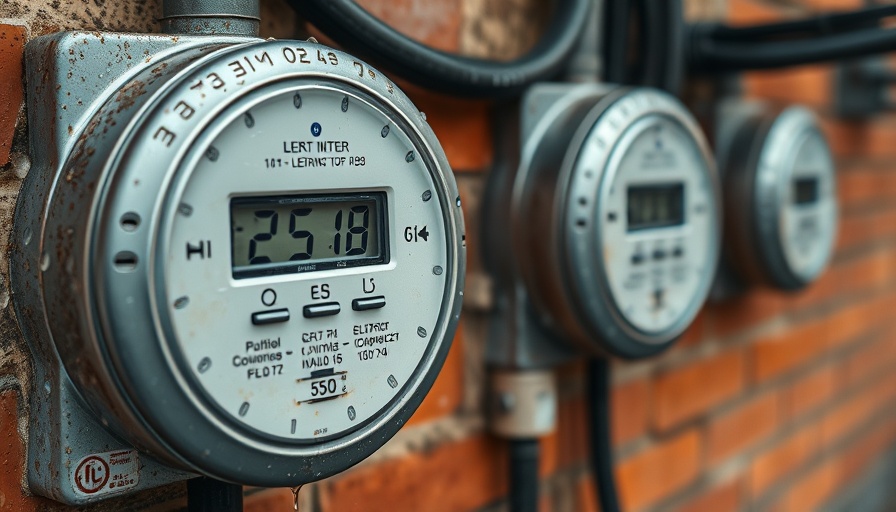
Rising Energy Costs: A Local Crisis
As the chill of fall sweeps over Boston, many residents are left grappling with the bitter reality of soaring energy prices. With residential electricity rates on the rise—6.5% within the last year alone—families now face difficult choices between essentials like groceries and heating. This isn’t a local issue confined to Boston; it’s a nationwide crisis, penetrating households from New England to the South. Parents are rationing power, seniors are bundled up indoors, and students are dimming their device screens to save energy. For countless Americans, the notion of energy as a basic necessity is evolving into that of a luxury.
Understanding the Drivers Behind Energy Poverty
The root causes of this energy crisis extend far beyond local decisions. For years, significant state policies have favored a one-sided transition towards renewable energy. Economists and energy experts warn that the aggressive retirement of coal and natural gas plants, coupled with subsidizing energy-hungry technologies, has severely undermined affordable access to energy. Maryland, for instance, has seen a staggering 3,800 megawatts of coal-fired power disappear since 2012. This pushes energy costs onto residential customers at a time when they can least afford it.
Empowering Communities with Real Solutions
In light of these challenges, the call for action is urgent. Stakeholders—ranging from policymakers in Congress to energy utility executives—must prioritize affordable energy solutions that include all Americans. By recalibrating energy policies to focus on human impacts rather than mere carbon counts, lawmakers can create robust frameworks to help families endure the harsh winters without compromising their other basic needs. The responsibility lies not just with the government but extends to all who play a part in the energy sector.
In conclusion, it’s paramount for our community to unite against energy poverty. By rallying together, we can ensure that no child suffers from a cold home and no parent has to choose between their child's warmth and their family’s nutrition. Energy is not merely a commodity; it is a lifeline. We must advocate for practical solutions to restore equity in energy access and ensure that winter remains a season of warmth rather than struggle.
 Add Row
Add Row  Add
Add 




Write A Comment